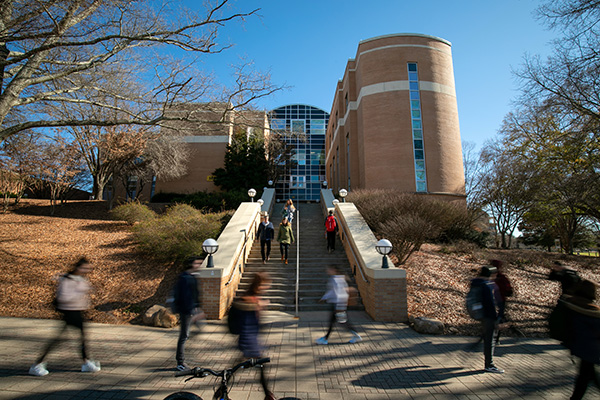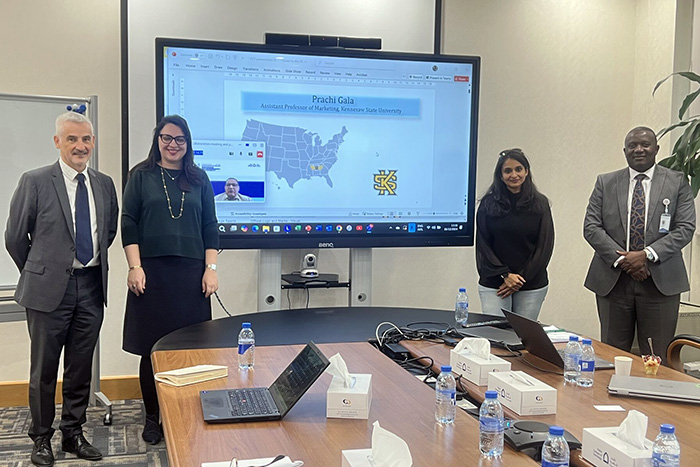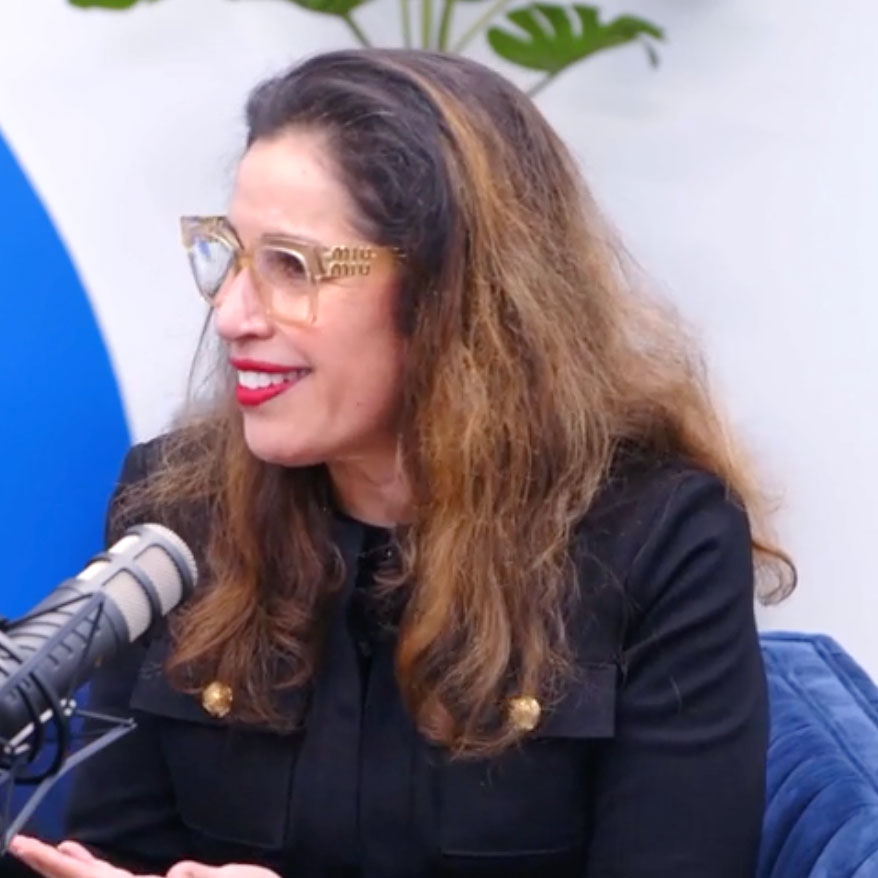
Real-World Student Competitors Take the Virtual Stage
KENNESAW, Ga. | Mar 31, 2020
Sales and Cybersecurity competitions reorganize as virtual events
For the third time in the event’s 22-year history, Kennesaw State took the top prize this week at the National Collegiate Sales Competition. And, for the first time in the event’s history, they did so without ever leaving their homes.
Each spring, the National Collegiate Sales Competition and the Southeast Collegiate Cyber Defense Competition invite hundreds of students to campus to showcase their talents and to network with peers and corporate recruiters.
With other major events across the country being cancelled or postponed during the COVID-19 pandemic, the organizers of the NCSC and the SECCDC are using technology to ensure the competitions continue safely and that students do not lose valuable experiential learning opportunities.

The NCSC ran from March 27-30 while the SECCDC is scheduled for April 8-9. Both events have taken their in-person competitions and networking sessions entirely online. While the change poses a few challenges, the organizers are committed to maintaining the quality that students and sponsors have come to expect.
“For our young people, it’s important to see that when these challenges come up, there are leaders who’re going to move forward through the challenge,” said Terry Loe, co-director of the Michael J. Coles College of Business Center for Professional Selling and co-founder of the NCSC.
The change in format was not enough to hinder the success of Kennesaw State’s team, who won first place. Kennesaw State previously finished first in 2016 and 2005. Sales students Michael Smoak and Sam Kroll competed for the team.
Started in 1999, the NCSC is the world’s oldest and largest collegiate sales competition. This year’s event featured 140 competitors from 70 universities. Students assume the role of sales professionals and compete in three rounds of 20-minute mock sales calls with representatives from the event’s corporate sponsors portraying the prospective buyers. Judges include corporate partners and faculty from participating schools.
While students, buyers, and judges have traditionally been in the same room, this year corporate sponsor Gartner provided 18 WebEx meeting rooms for participants and judges to cycle in and out of. Judges had 10 minutes to discuss the roleplay before the next began, and then recorded their scores on a shared Google document.
“The format of the competition is exactly the same,” Loe said. “The only thing that’s changing is where people are sitting when they do a sales call.”
While the NCSC is an individual competition, the SECCDC is team-based, with students working together to protect a fictional business’s computer network from attack while also keeping the business updated. Competitors must be able to interact with each other and with the computer systems being targeted.
To ensure that each of the eight participating teams can collaborate effectively, event organizers Herb Mattord, interim chair of the Department of Information Systems, and Mike Whitman, executive director of the Institute for Cybersecurity Workforce Development, are working with Moraine Valley Community College to use their Netlab+ remote access solution. It allows competitors to log in to the affected computer systems from their homes. All team communication will take place over WebEx.
“That’s what really saved us,” Whitman said. “All the technology is online. It’s a proven set of systems. Netlab+ is one we also use for our online information security courses. It’s a great sandbox for online, computer-based experiences.”
Going virtual meant overcoming challenges not encountered during an in-person event. With universities from across the country participating in the NCSC, Loe needed to account for each school’s time zone when making the schedule so that teams on the west coast were not at a disadvantage during early morning competitions. Meanwhile, the SECCDC will require students to share their screens with judges at random times to assure compliance with the rules.
Both events are more than competitions, they also provide students with valuable networking time with corporate sponsors, almost all of which are actively hiring.
The NCSC hosted a virtual career fair using the CareerEco online platform. Each of the 21 companies attending hosted a chatroom where they could interact with students as a group or in private conversations. While the onsite NCSC career fair traditionally hosts about 400 students, nearly 1,300 students attended the virtual career fair.
“These are the highest-quality candidates in the country,” Loe said. “The competitors coming out of these schools have about a 30 percent lower turnover time and a 50 percent faster ramp up time compared to anyone else coming out of college into a sales job.”
During the SECCDC, the sponsors will have multiple chances to lead WebEx presentations for all the competitors as well as to host private recruitment meetings. Sponsors have also been granted permission to observe students in action at specific points during the competition.
“For the sponsors, the entire event is like a job fair for them,” Whitman said. “And for the students, it’s as much a recruitment event as it is a competition.”
While event organizers overcame several challenges moving to virtual competitions, students have also had to rethink their approaches.
“We've changed from physical project management procedures to a more online-centric approach,” said Stuart Smith, president of Kennesaw State’s Offensive Security Research Club. “It is a little disappointing that this competition has to be moved entirely online, but I understand the reason.”
Michael Smoak, captain of the Kennesaw State Sales Team and 3rd place winner in the individual category, acknowledged that there have been some growing pains preparing for a virtual sales competition, but is confident that the experience will still be a valuable one.
“It’s 2020,” he said. “A lot of sales are now conducted this way. Having foundational knowledge about what it takes to sell virtually is very important.”
Events across the country – and across campus – have all been forced to evolve in the era of social distancing. Despite the challenges of converting massive competitions from major, destination-based events into virtual meetings, the organizers of the NCSC and SECCDC remain dedicated to bringing these experiences to the students who have spent months preparing to compete.
“The student interest and enthusiasm for these events is huge,” Whitman said. “And like any competition, they want to win. Cancelling would have disappointed a lot of students. Everybody wants this to work. Nobody wants this to be postponed. And definitely nobody wants it to be cancelled.”
-Patrick Harbin


















